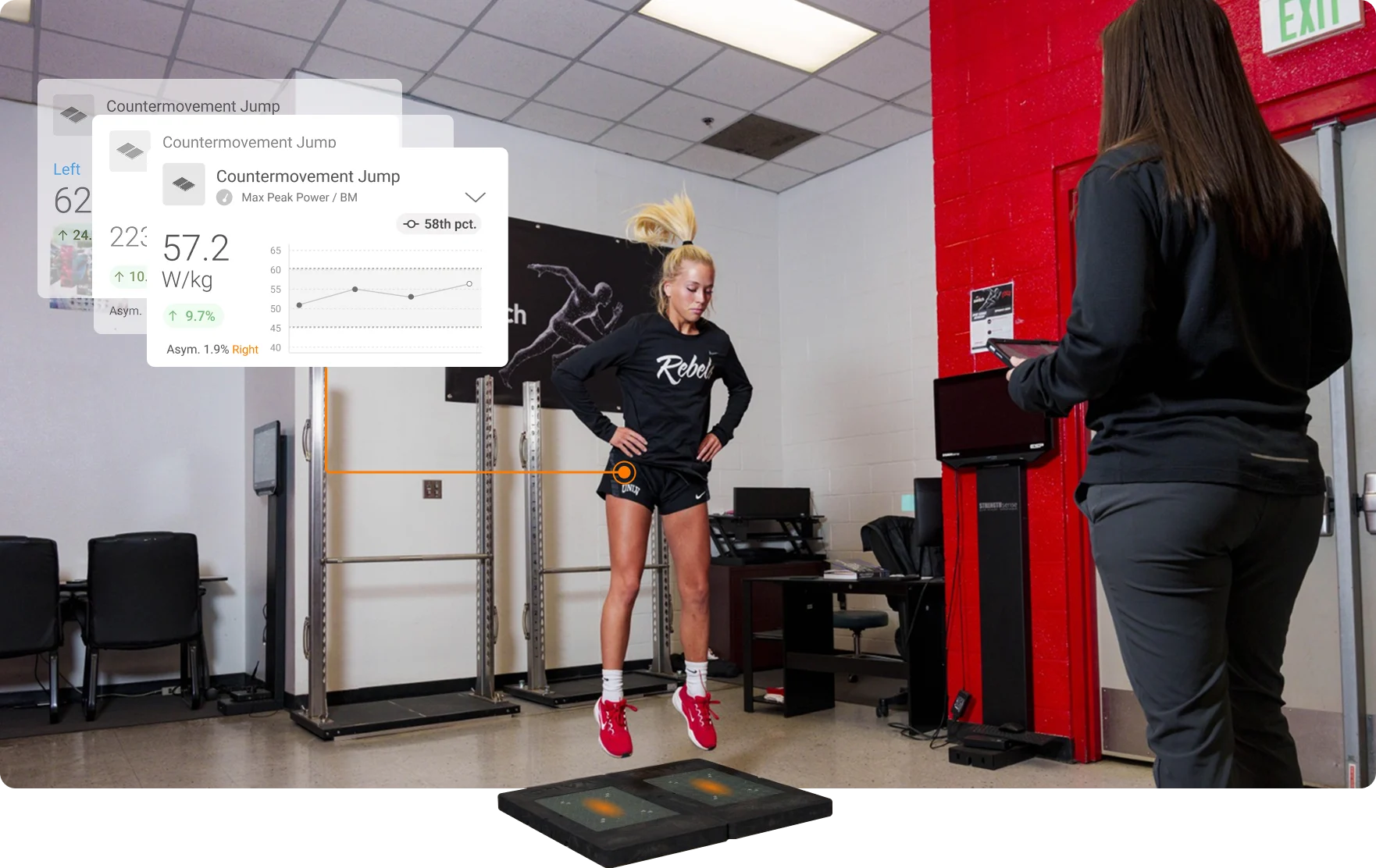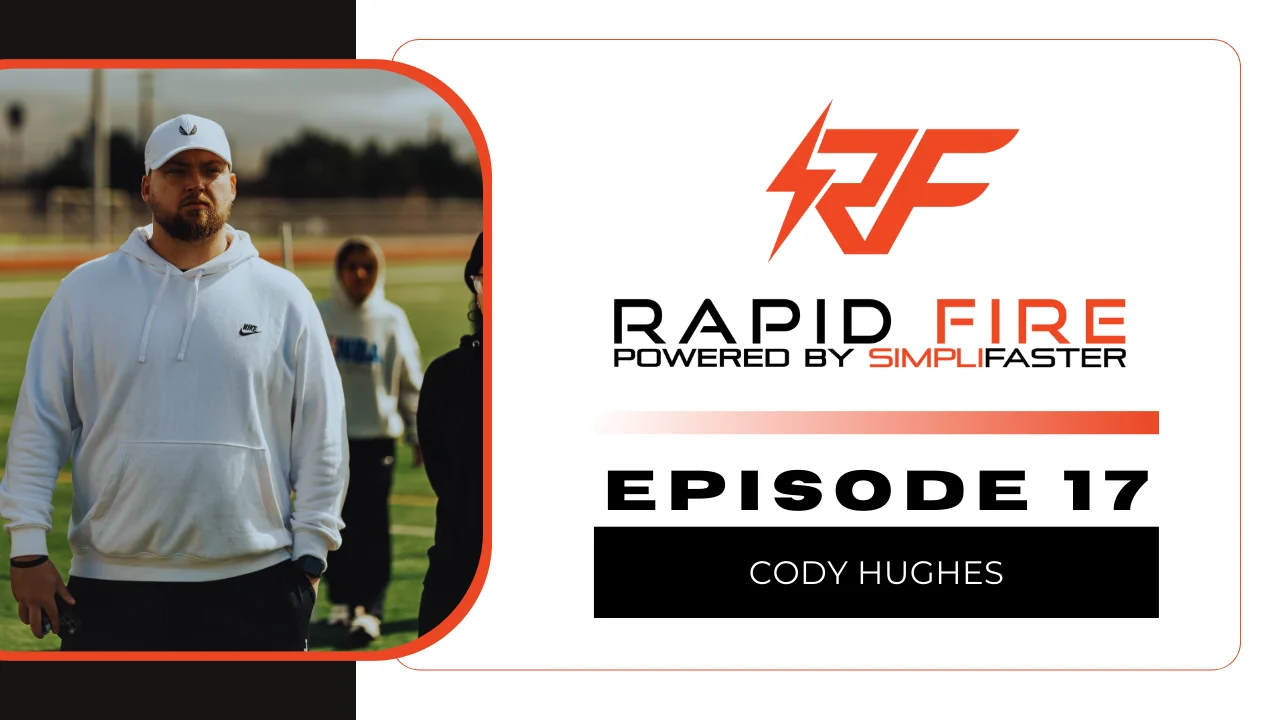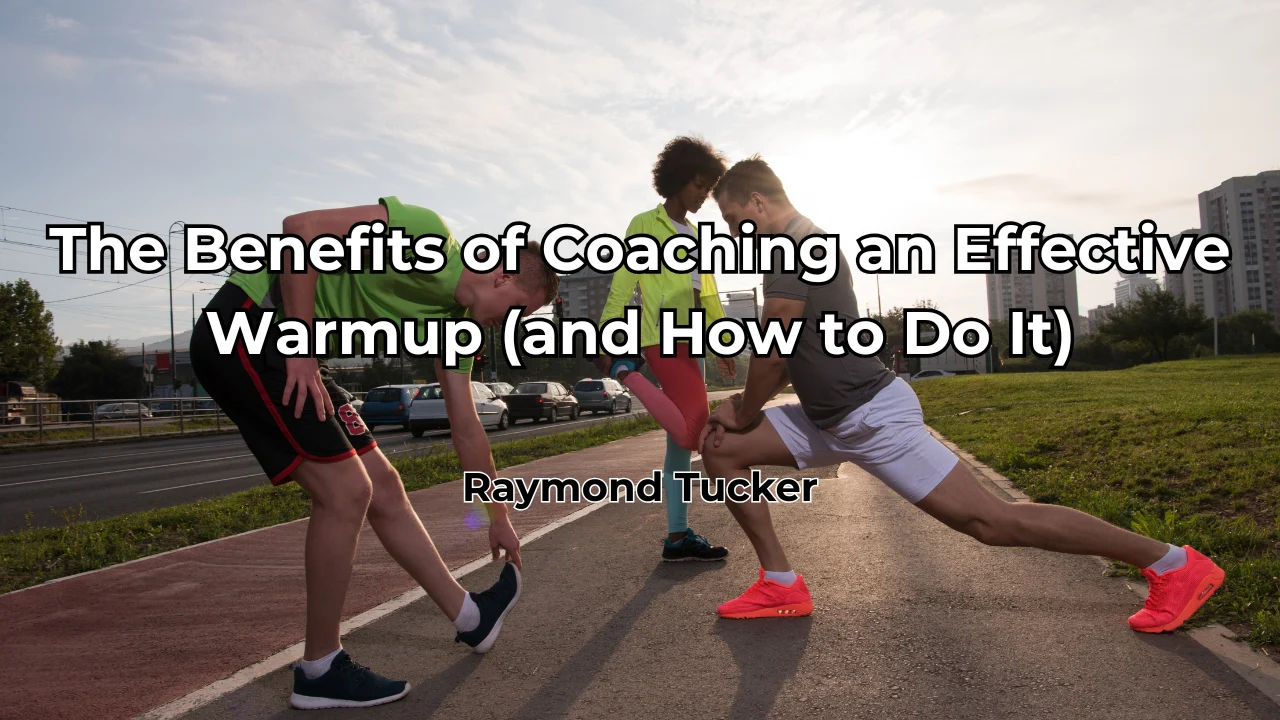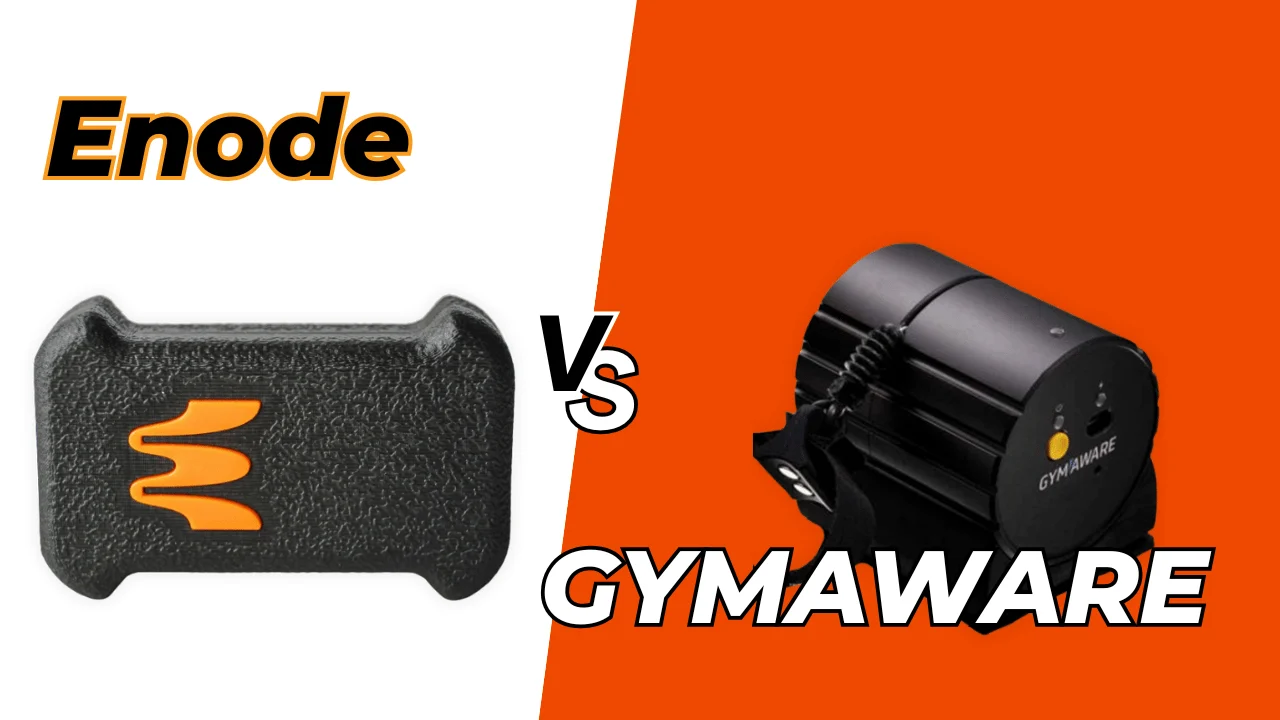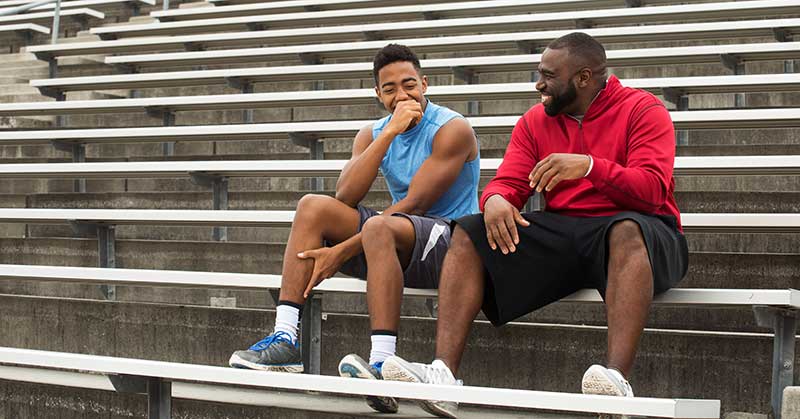
Parents play a paramount role in the development of a child-athlete. The relationship is built around motivation, propulsion, and encouragement, as well as physical, emotional, and financial support. Parental support has been correlated to youth participation level in sports, the child’s physical and mental well-being, and his or her ultimate success and enthusiasm for the sport. A study by Nunomura and Oliveira (2013) investigated this correlation further with regard for the careers of young gymnasts, and its findings are applicable across all fields of athletics.
Aim for the Middle Ground of Parenting
In today’s sporting culture, the emphasis is largely placed on winning, so essentially “if you’re not first, you’re last.” Some parents tend to get wrapped up in this socially driven environment, and fill with pride and arrogance over the accomplishments of their children. This can be detrimental to the athlete’s well-being on a number of levels.
A young athlete’s success should never be utilized as a means of status or personal intent. Parents need to be able to differentiate the needs of their children from their own. While living vicariously through our youth is acceptable, forcing them to live out our unfulfilled dreams is not healthy. If social comparisons and negative criticism drive the parent-athlete relationship, confidence levels can quickly plummet. Excessive parent “coaching” can result in undue stress for the athlete, which quickly leads to performance anxiety, fatigue, burnout, and loss of enthusiasm and drive for the sport.
It is vital that parents realize a sport does not define their child. Share on XOn the opposite end of the spectrum are the under-involved parents. This type of parent lacks any sort of enthusiasm or engagement for the athlete’s goals and endeavors. The lack of support and encouragement can quickly become disheartening for a young athlete, making it more likely that his or her dedication to the pursuit of athletics will wane.
The middle ground of parenting provides flexibility for the athlete’s progress and milestones within the sport. The moderately involved parent provides adequate support without controlling the athlete’s every move; feedback is sought from the coaches in order to establish the best developmental path for the athlete. The parent can be firm in enforcing proper values and morals in the child, such as teamwork, sportsmanship, and work ethic, though without the authoritarian overload.
It is vital that parents realize the sport does not define their child. They must foster intrinsic values, confidence, self-esteem, and positivity in all aspects of life, so that if the athletic career deteriorates, there is still something for which to be optimistic. Dedication is important in the pursuit of any goal, but only if there is true desire for that goal, and never at the expense of physical or mental well-being.
Parents should hold high expectations for their child only as long as their child’s enthusiasm and passion for the sport exists; as soon as the athlete becomes disenchanted, the parent must stop forcing these expectations on the child. It is important to remain sensitive to a young athlete’s developmental needs in order to maximize the long-term success in both athletics and life in general.
Since you’re here…
…we have a small favor to ask. More people are reading SimpliFaster than ever, and each week we bring you compelling content from coaches, sport scientists, and physiotherapists who are devoted to building better athletes. Please take a moment to share the articles on social media, engage the authors with questions and comments below, and link to articles when appropriate if you have a blog or participate on forums of related topics. — SF
References
Nunomura, M. & Oliveira, M. S. (2013). Parents’ support in the sports career of young gymnasts. Science of Gymnastics Journal, 5(1), 5-17.

